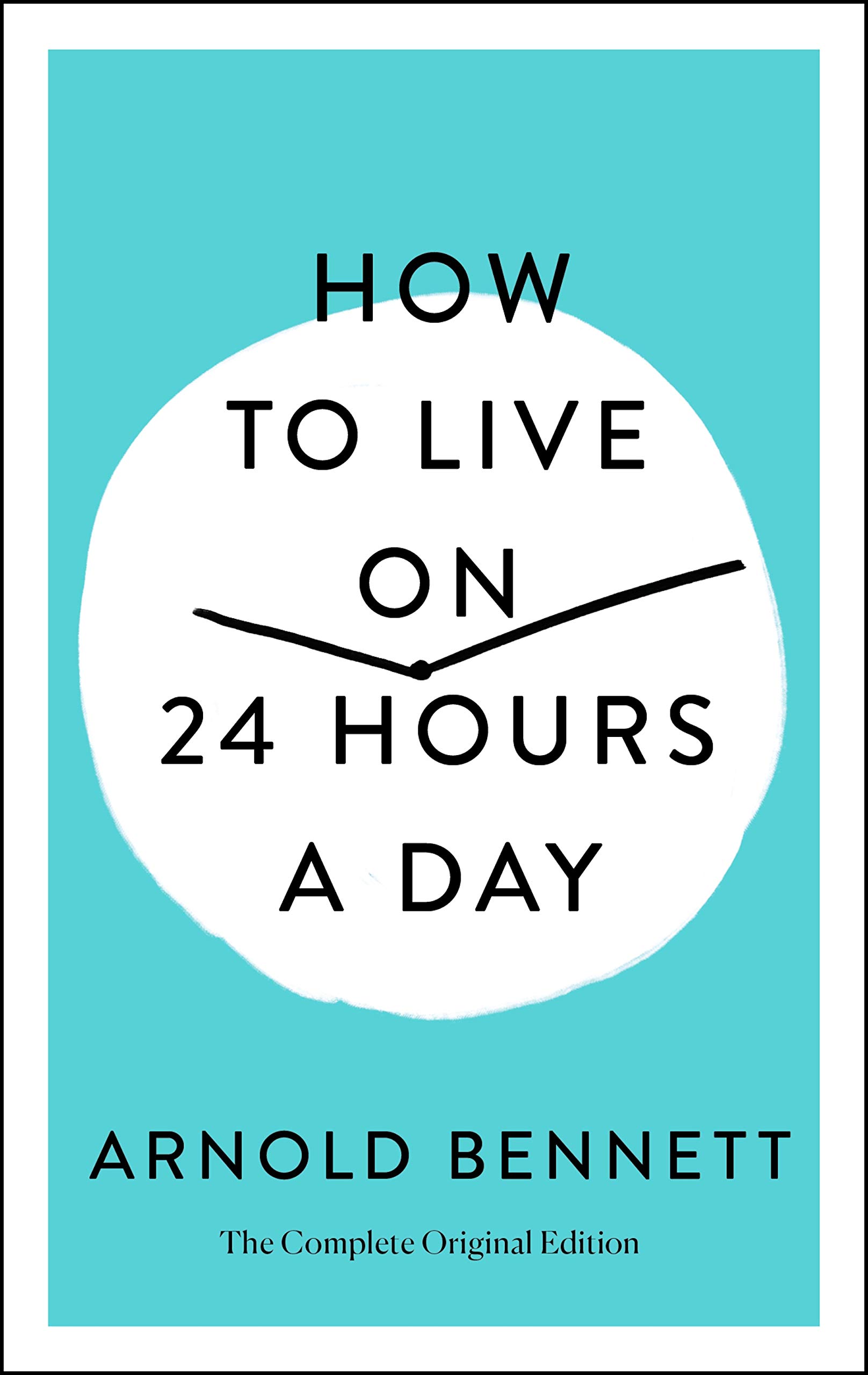Chapter I — The Daily Miracle
byChapter I begins by presenting a quiet but profound truth—every person receives twenty-four hours a day, no more, no less. This equal distribution of time cuts through wealth, status, and circumstance. Whether one is a scholar or a laborer, rich or poor, time is dealt fairly to all. It is neither earned nor bought. And yet, despite its fairness, many treat this resource with casual neglect. The author compares time to money, showing that while people spend years learning how to manage finances, almost none apply the same effort toward understanding time. This contrast is not a criticism of wealth management but a call to recognize what we so often ignore: time is our most precious asset. Misused hours cannot be recovered, and unused ones vanish just the same. And still, few pause to consider how they might make better use of this steady, daily miracle.
In observing others, the author draws an analogy between financial waste and the daily squandering of time. Just as someone with a stable income can still live in debt through careless habits, so too can a person waste their time while appearing busy or productive. Time is more abstract than money, making its loss harder to recognize. You won’t find empty pockets or overdue notices from time itself, but the effects appear in stress, regret, and a life that feels unfulfilled. Unlike wealth, which can grow or shrink, time is always finite. Each morning delivers a fresh supply—1,440 minutes—and each night takes back whatever wasn’t used. The miracle is not just the consistency of time’s arrival but the power it gives us if we choose to use it consciously. The opportunity is renewed daily, and yet, most ignore it.
There’s a challenge within this chapter that subtly invites the reader to shift perspective. We are encouraged to view time not as background noise but as the material from which life is built. This resource should be measured and guided just like one’s spending habits. Yet, we often prioritize budgeting our expenses while letting our minutes scatter without intention. The author critiques this imbalance. While entire industries exist to help people with finances, little equivalent attention is given to managing our days. This isn’t due to a lack of need but rather an underestimation of time’s role in shaping the quality of our lives. If time were treated with the same respect as money, we’d likely find more purpose and less fatigue.
The author’s argument rests not in pressure but in clarity. He does not push readers to fill every second with productivity but asks them to become more aware. What matters is not how many tasks are completed, but whether the time is used in alignment with one’s values and long-term desires. This message breaks through the noise of modern life, which often equates busyness with success. Yet, being occupied isn’t the same as being fulfilled. People can spend whole days doing things that feel urgent but not meaningful. That realization can bring about quiet discomfort, but it also offers freedom. With awareness comes the ability to change direction.
Time, when viewed properly, becomes a partner rather than an enemy. There’s no need to chase it or feel it slipping away. It moves at a steady pace, and its generosity lies in its renewal. Each sunrise resets the clock and offers a second chance to live deliberately. That’s the miracle. Whether one uses that miracle to read, rest, build, or grow is up to the individual. But the key is realizing it’s there—every single day. It doesn’t need to be earned, and it can’t be hoarded. It simply asks to be noticed and shaped.
For those who struggle with time, the chapter offers reassurance. It’s not about cramming life with to-do lists or waking up at dawn just to feel accomplished. Instead, it’s about gently reclaiming pieces of the day for what truly matters. Ten minutes spent with full attention is worth more than an hour scattered in distraction. Small shifts in awareness can lead to powerful changes in lifestyle and satisfaction. The reader is not being asked to overhaul their world overnight, but to begin noticing the hours they already possess. That awareness is the first step toward living more fully, without waiting for ideal conditions to begin.
In closing, the chapter lays a philosophical foundation for the rest of the book. It reminds readers that while they cannot buy more time, they can always use their existing hours better. This small truth is both humbling and empowering. The world may be unpredictable, but each day comes with the same gift—time to spend, shape, or squander. The miracle isn’t just that we have it, but that we get to choose what to do with it. And in that choice lies the quiet beginning of a more intentional, meaningful life.

